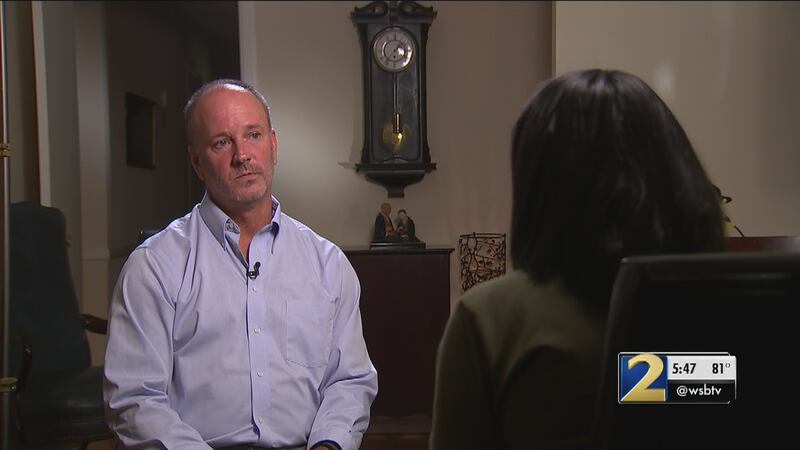CLAYTON COUNTY, Ga. — It was a historic moment in the fight for equal rights Monday as the United States Supreme Court ruled a former Clayton County employee and others in the LGBTQ community can sue for discrimination at work.
In a 6-3 ruling, the Supreme Court said LGBTQ people are protected under Title VII, the same law that protects against discrimination for race, color and sex.
Gerald Bostock, one of the plaintiffs in the case, is elated over the landmark decision.
“It's been a humbling experience but it's one that I had to take those steps and don't regret a single moment of it," Bostock said.
TRENDING STORIES:
- “How many more protests will it take?" Rayshard Brooks family calls for ‘drastic change’ of police department
- Rayshard Brooks: Hundreds of demonstrators march in Atlanta for criminal justice reform
- Tyler Perry to pay for funeral of Rayshard Brooks
In the opinion, Justice Neil Gorsuch: "An employer who fires an individual for being homosexual or transgender fires that person for traits or actions it would not have questioned in members of a different sex. Sex plays a necessary and undisguisable role in the decision; exactly what Title VII forbids."
But Georgia Equality said, "Even after today's decision, it will still be legal under federal law for stores, restaurants and hotels to discriminate against LGBTQ people."
They see this is as a push to seek changes in state law.
“We need further legislation to protect individuals particularly LGBTQ individuals,” Bostock’s attorney Thomas Mew said.
Channel 2 Action News first introduced you to Bostock in 2019 as he started the journey to take the case to the Supreme Court.
Now, he wants to sue Clayton County for firing him from his child welfare job in 2013 shortly after he joined a gay softball league.
The county says an audit found Bostock was misusing money and that’s why he was fired.
Bostock said that's not true.
“We will resume my case against Clayton County. Absolutely,” Bostock said.
We contacted Clayton County for comment on this story but never heard back.
The three dissenting justices — Thomas, Kavanaugh and Alito -- say the ruling amounts to legislating from the bench.
They believe it’s up to Congress and the president to change the law.
© 2020 Cox Media Group





